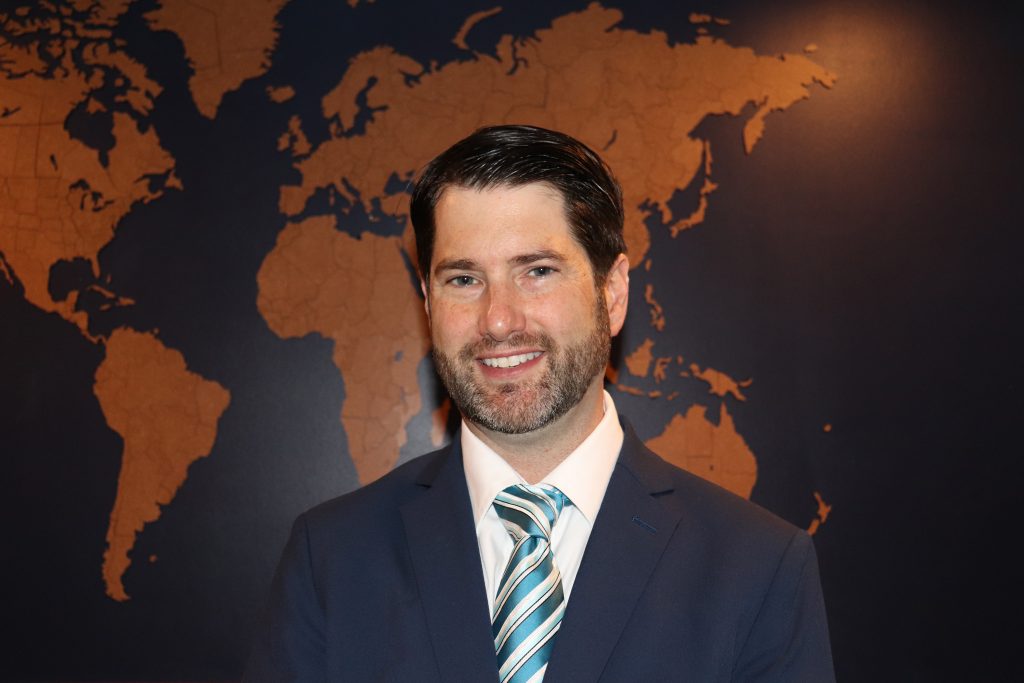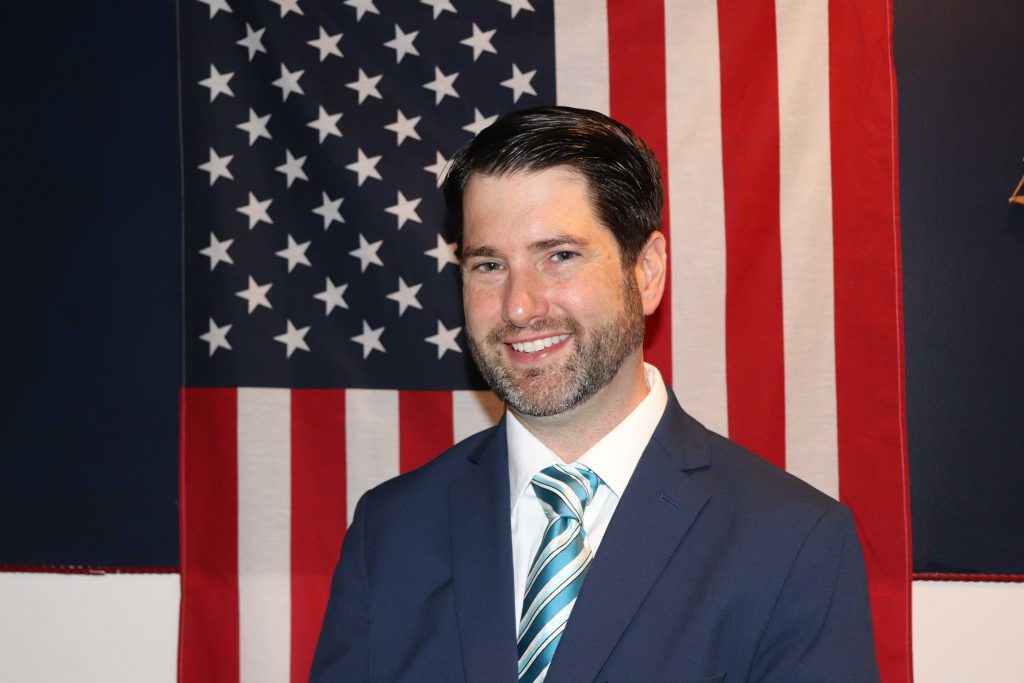880 W. Long Lake Road • Suite 225 •
Troy, Michigan 48098
• P: 248.269.1122 •
E: bianchipr@bianchipr.com
880 W. Long Lake Road • Suite 225 •
Troy, Michigan 48098
• P: 248.269.1122 •
E: bianchipr@bianchipr.com

I recently took over the role as editor of Fleet Maintenance, a B2B magazine and website focused on providing commercial vehicle fleets and shops with the latest information on tools and maintenance trends. It starts with how to keep costs down in the bay and extends to keeping trucks and technicians productive.
Previously I was senior editor at sister brand Fleet Owner, which is geared toward fleet executives and other transportation industry leaders. Prior to that I was spent several years covering the manufacturing sector.
Can you tell us what types of stories, trends or issues are on your radar now?
As with anyone writing about the transportation industry, the transition to zero emission vehicles, and what it takes to service them, is top of mind. There are sure to be plenty of pain points on the road to adoption, and we want to help uncover and solve what those problems may be. At the same time, we are always on the lookout for any proven tools and strategies to help traditional trucking fleets keep costs down and their trucks moving.
Describe the craziest or most fun story you have written.
While freelancing for Cleveland Magazine in 2013, I had the chance to profile Anthony and Joe Russo, who had returned home to direct Captain America: The Winter Soldier. Back then, they were underdog choices for the job, known mostly for their quirky comedic work in television, and the big question was if they had the chops to pull off a monstrous blockbuster. It was great watching them at their craft, being so close to crazy stunts and actors, and interviewing the directors between takes. The best part was discovering these were two regular guys who had a passion and strong work ethic, and put in 15+ years of work to get to that point. And because of that, they were really grounded, treated everyone on their crew with respect, and ultimately became really successful. That’s a great message for any leader.
What story or stories are you most proud of?
As technology editor at IndustryWeek, my beat largely revolved around how robotics and automation are changing manufacturing, the workforce and society itself. We are in the early stages of humans evolving from physical to digital creatures and no one knows how it will play out, but the spectrum of outcomes ranges from Skynet (from The Terminator) taking over to Star Trek, where AI and 3D printing usher in a flourishing utopia. Mining for truths in that, and answering questions like the strength of the human, the importance of free will, and role of technology to remove suffering, are not typically front and center in B2B, but elements of those were core to many of those stories. Companies are made of people, and those people have to decide how their new products will not only help customers, but how they will impact the future. Hopefully some of the sources I found and points I made helped people make responsible decisions. But who knows? Maybe I gave someone advice on an innovation they will use to start the robot apocalypse. Either way, I’m very proud.
What elements or characteristics do you look for in a story?
It’s really what I think the readers will look for—or what our research and experience suggest they need or want. So first, it has to provide some benefit to them; and because there are so many pulls for reader attention, we owe it to them to make it a little less dry so it doesn’t feel like a chore. That usually means trying to find some way to help the reader relate to the subject on a personal level. Sometimes it’s better to blow them away with compelling insights and data. And when we can strike a balance between the two, that’s best of all.
How long have you been in journalism and how did you get started?

My pathway was very typical. It all started my freshman year of high school drawing third-rate Far Side knockoffs for the school magazine in the mid-‘90s. I made my way to co-editor my senior year, but the school was rocked by a run-of-the-mill cheerleader-principal scandal, and they shut the student press down. After that was a stint as a sonar technician in the Navy. Along with mostly doing things I can’t ever talk about, I sometimes served as a de facto public affairs liaison on the submarine, writing about the PG stuff that happened on our rare port calls. I used the G.I. Bill to help pay for a journalism degree from Kent State, which I received at the beautiful intersection of 2009 economic collapse and decline of conventional journalism. I freelanced and waited tables until I could find a steady job.
Finish this sentence: If I am not reporting, I am …
Editing content and planning for future issues.
What advice do you have for PR people that want to pitch you?
Do a little research on if the brand you are pitching would care about the news. Also, we don’t care if an executive is excited about a partnership or acquisition—those are filler quotes add nothing. How will a move or product launch specifically help a business, and how will any benefits trickle down to the customer/user? Also, just send the high resolution images; don’t make us ask for them.
Any pet peeves with PR people?
Some PR folks are our best friends when they are touting great news, but go radio silent when we have legitimate questions when not-so-great news comes out. That makes it look like you have something to hide, even when you don’t. And it also means you don’t get to tell your own side, which we do want to hear. The best PR representatives respond regardless, even if it’s to say they can’t comment right now.
Tell us a little about yourself (family, interests, hobbies, background, some fact about you that few people know, etc.)
My wife and I have a two young adults figuring out life after high school and three just starting the arduous journey, so that provides plenty of excitement, though little time for hobbies right now. I do love cooking, though, and someday I’ll get around to writing all those fictional stories rolling around in my head.
You can follow John on Twitter and LinkedIn.
You might also be interested in: